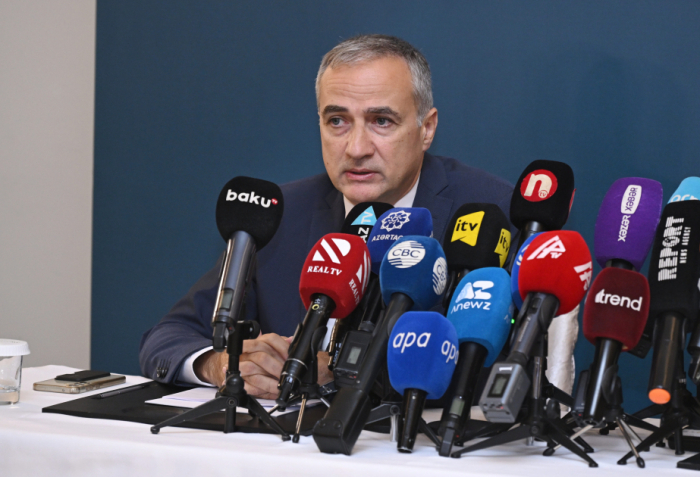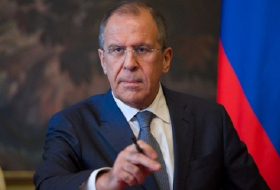President Ilham Aliyev’s firm stance against Islamophobia on various international platforms reflects Azerbaijan’s consistent and resolute policy in this sphere. As a result, Baku has increasingly become both a political and academic center in the global effort to combat Islamophobia, said Farid Shafiyev, Chairman of the Board of the Center of Analysis of International Relations (AIR Center), at a press conference for the event titled “Islamophobia: Uncovering Bias and Dismantling Stigmas.”
He noted that an international academic conference under the same theme will take place in Baku on May 26–27, organized jointly by the Baku International Multiculturalism Center, the AIR Center, and the Baku Initiative Group, marking the third anniversary of the International Day to Combat Islamophobia. Experience over the past two years has shown that Baku is increasingly becoming a key international platform in this field. Active cooperation has already been established with research institutes and relevant organizations from various countries.
Farid Shafiyev also expressed regret that, during the Armenia-Azerbaijan conflict, the Azerbaijani people and their cultural heritage were repeatedly subjected to Islamophobic acts. The destruction of mosques and desecration of religious monuments in the liberated territories serve as clear evidence of this policy. Following the resolution of the conflict, Azerbaijan has successfully drawn international attention to the issue, raising global awareness of the damage inflicted.
The AIR Center Chairman noted that the conference discussions will go beyond regional issues to cover global developments. “In particular, the rise of anti-Muslim policies in India—especially in the context of Pakistan-India relations in South Asia—as well as the situation in Syria, are causes for serious concern. The growing wave of Islamophobia in France has also contributed to increased religious intolerance across Europe,” he said.
He added that the conference will also address the role of artificial intelligence and digital media in either fueling or combating Islamophobia. “New technologies present both risks and opportunities. To strike the right balance, scholars, policymakers, and media professionals must collaborate. I am confident that this conference will generate fresh insights, practical proposals, and new avenues for cooperation in the fight against Islamophobia,” Shafiyev concluded.
More about:
















































